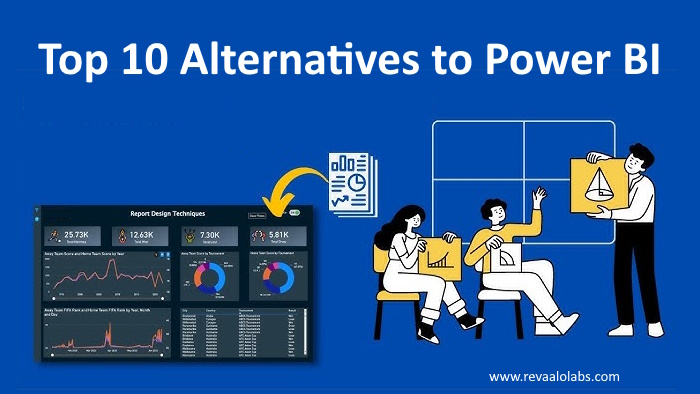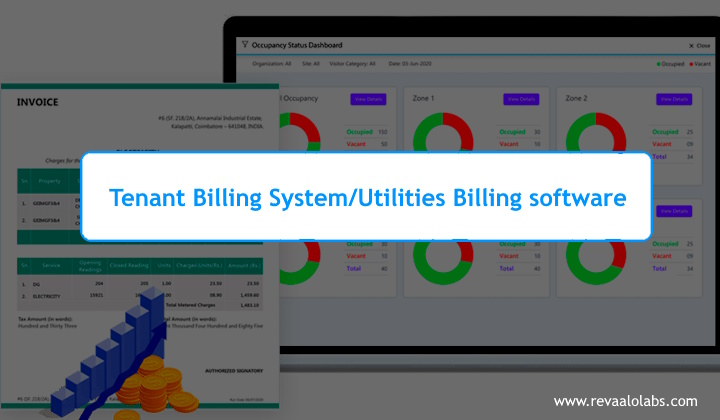#BTUMeter #BTU #Meter

Choosing the right BTU meter for your application involves considering several factors to ensure accurate measurements and optimal performance.
Here`s a step-by-step guide to help you make an informed decision:
1. Identify Your Application: Make sure you understand the specific application for which you need the BTU meter. Do you measure energy exchange in HVAC systems, district heating/cooling networks, or industrial processes? Different types of BTU meters may be required for different applications.
2. Determine the Fluid Type: Determine what type of fluid will pass through the system (e.g., water, glycol, steam). There are some BTU meters that are designed to handle specific fluids, so make sure the one you choose is compatible with the fluid in your system.
3. Assess Pipe Size and Flow Rate: Find out the size of the pipe and the expected flow rate of the fluid. Make sure the BTU meter you choose can handle the flow rates within your system and the pipe size.
4. Consider Installation Method: Decide whether you prefer an inline BTU meter that is installed directly into the pipe, a clamp-on or strap-on meter that attaches externally, or another type of meter based on your system`s layout and accessibility.
5. Accuracy Requirements: Assess the level of accuracy required for your application. In some applications, such as district heating and cooling billing, accuracy is more important than in others. You should choose a BTU meter that is accurate enough for your needs.
6. Environmental Conditions: BTU meters should be used in conditions that are conducive to their operation. In cases where the meter will be exposed to extreme temperatures, moisture, or harsh conditions, make sure it is designed to withstand such conditions.
7. Additional Features: Check whether you need additional features such as data logging, remote monitoring, or integration with building management systems (BMS).
8. Budget Constraints: Set a budget for the BTU meter. Investing in a quality BTU meter can lead to long-term energy savings and efficiency improvements, but you must balance your requirements with your budget.
9. Manufacturer Reputation: Research reputable manufacturers known for producing reliable BTU meters. Read reviews, check product specifications, and inquire about warranties and customer support.
10. Consult with Experts: Consult a professional, engineer, or consultant who specializes in energy management and HVAC systems if you`re unsure about the right BTU meter.
11. Consider Future Scalability: Think about potential future needs or expansion. Choose a BTU meter that can accommodate changes or additions to your system without requiring significant modifications.
12. Compare Multiple Options: Compare the specifications, features, and costs of a few BTU meter models that meet your needs. Making an informed decision will be easier with this comparison.
13. Manufacturer Support: Make sure the manufacturer provides adequate technical support, documentation, and training resources to assist with installation, calibration, and troubleshooting.
These factors can help you choose the best BTU meter for your specific application, ensuring accurate energy measurement, optimal system performance, and effective energy management.
If you have any requirement related to BTU Meter with your platforms feel free to connect with Revaalo labs your one stop solution for Digital Transformation needs.

One of the most critical decisions website developers must make is deciding what unit of measurement to use when sizing elements, fonts, and other design properties.
Read more
It`s an amazing technology-one that will help us solve society`s toughest problems and reshape the world.
Read more13
December

Today, web browsers play a significant role in our lives, providing us with access to a world of information and possibilities.
Read more
Power BI is a popular business intelligence tool developed by Microsoft for data visualization and analysis. While Power BI is a robust solution, there are several alternatives available that cater to different needs and preferences.
Read more09
October

Tenant billing systems are software solutions used by property owners, managers, and landlords to accurately bill tenants for their usage of utilities and services.
Read more